THRiVE-2 Fellows' Profiles
THRiVE-2 builds on the success of THRiVE (THRiVE-1) and has been funded by the Wellcome Trust and the UK Department for International Development (DfID) through a DELTAS Africa award to continue to support health research capacity building in East Africa. PhD and postdoctoral fellows receive funding after a rigorous selection process to undertake health related research. As part of the research they are supported by mentors at one of two Northern partner institutions: the University of Cambridge or the London School of Hygiene and Tropical Medicine (LSHTM). The following thirteen researchers have been successful in gaining THRiVE-2 fellowships and are being supported by their Cambridge mentors. All candidates for THRiVE-2 have been selected, with a total of twenty six THRiVE-2 fellowships being awarded.
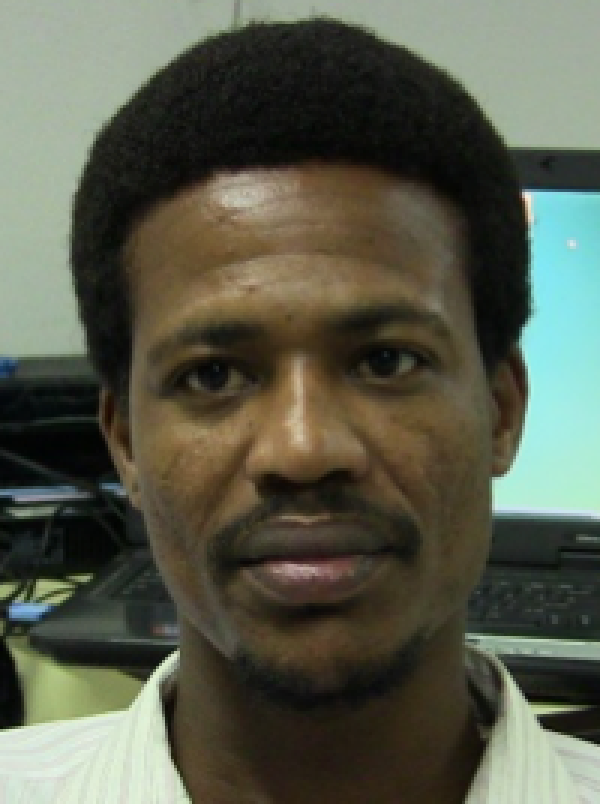
Dr Joel Ltilitan Bargul, Postdoctoral Fellow
Mentor: Professor Mark Carrington
Dr Joel Ltilitan Bargul is a Lecturer at the Department of Biochemistry of Jomo Kenyatta University of Agriculture and Technology (Kenya). Preliminary findings from Dr Bargul's research imply that hippoboscids could be important vectors of animal trypanosomiasis (sleeping sickness). This research study will provide information on vectors of animal trypanosomes in northern Kenya and contribute to disease control.
Associate Professor Moses Galukande, Postdoctoral Fellow
Mentor: Professor Doug Easton
Triple negative breast cancer: oncogenesis and prognostic biomarkers study
Moses Galukande is an Associate Professor and Chair of the Department of Surgery in the School of Medicine, Makerere University College of Health Sciences. His Postdoctoral research will focus on triple negative breast cancer (TNBC): Oncogenesis and Prognostic biomarkers Study (TOPS). He will explore new effective therapy opportunities, investigate expression of heat shock protein, a portein that shields TNBC from conventional treatment and TNBC gene mutations patterns in Ugandan women.
His other research interests include Trauma, access to health care and health professions education.
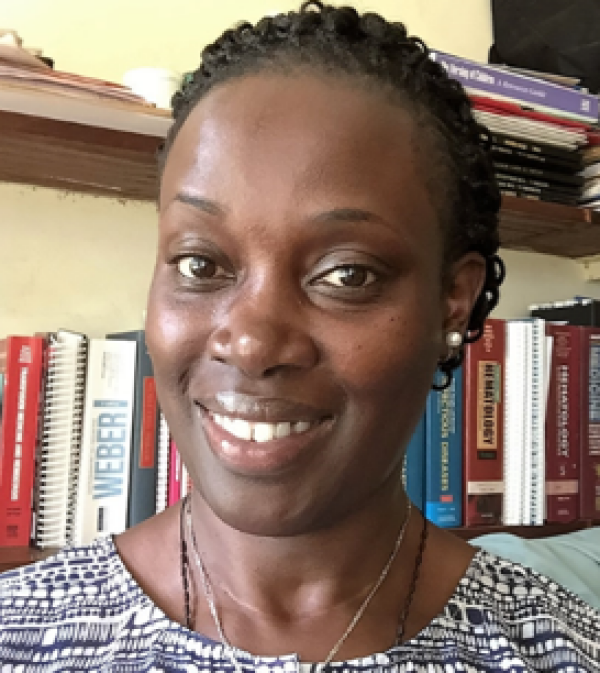
Dr Angelina Kakooza-Mwesige, Postdoctoral Fellow
Mentors: Professor Ian Goodfellow and Dr Luke Meredith
Zika virus: neurocognitive function and genotype in Uganda
Dr Angelina Kakooza-Mwesige is a Senior Lecturer and Paediatric Neurologist in the Department of Paediatrics and Child Health, School of Medicine, Makerere University College of Health Sciences, Kampala, Uganda. Her major research interests are in the fields of neurology and infectious diseases, with considerable experience in the field of HIV/AIDS and neurodevelopmental disorders particularly cerebral palsy, autism, and epilepsy. Her post-doctoral study will establish the seroprevalence of the Zika virus and associated factors among pregnant women in Uganda with a focus on the pregnancy outcomes and neurodevelopmental effects in their children.
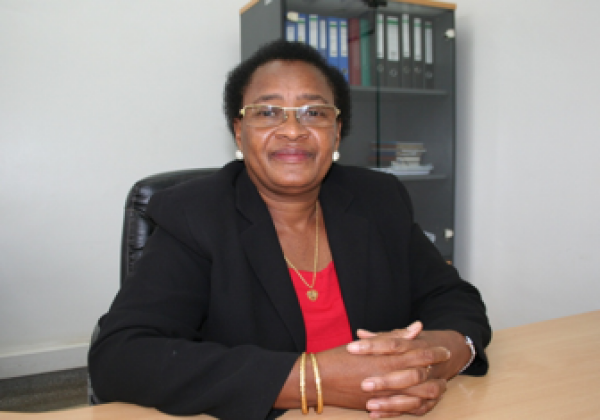
Dr Ireen Kiwelu, Postdoctoral Fellow
Mentor: Professor Simon Frost
Ireen Kiwelu, BSc, MSc, MPhil, PhD is a Principal Research Scientist and Senior Lecturer at Kilimanjaro Christian Medical University College. She is also the head of Kilimanjaro Clinical Research Institute-Biotechnology Research Laboratory. For her Postdoctoral fellowship she will focus on the molecular analysis of HIV-1 drug resistance mutations among patients failing first and second-line antiretroviral therapy in Kilimanjaro, Tanzania.
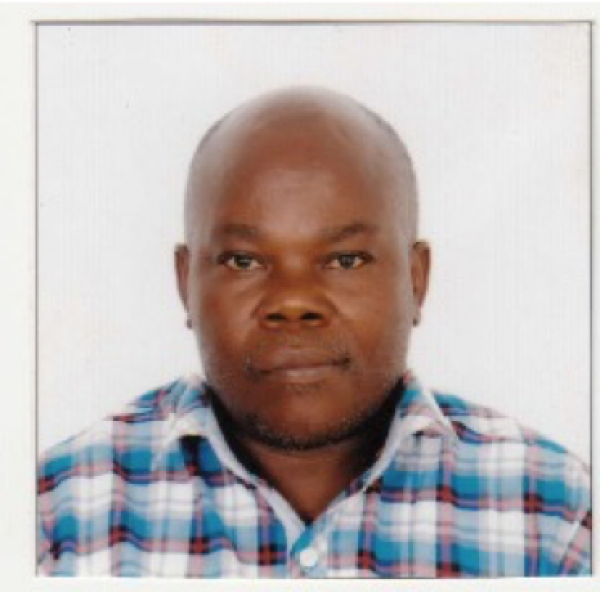
Dr Eddie Wampande, Postdoctoral Fellow
Mentor: Dr Sergey Nejentsev
Human genetic determinant in Mycobacterium tuberculosis complex lineage infections
For his Postoctoral fellowship Eddie Wampande will explore the genetic interaction between M. tuberculosis and its host. To do this, the team shall genotype the human and M. tuberculosis strains and look for associations between host polymorphisms and pathogen genotype. Such findings can be used to understand TB pathogenesis and identification of molecules that can have TB therapeutic potentials.
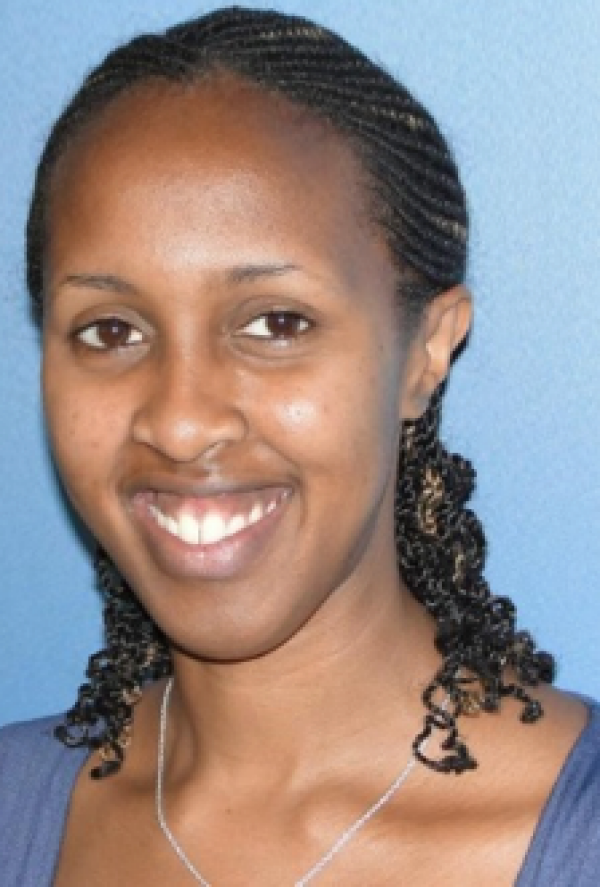
Dr Peace Bagasha, PhD Fellow
Mentors: Dr Mila Petrova and Professor Stephen Barclay
Quality of life of patients with end stage kidney disease in Uganda.
Peace Bagasha is a Clinical Lecturer in the Makerere University College of Health Sciences Palliative Care Unit. Her PhD research will focus on the quality of life of patients with end stage kidney disease in Uganda. Kidney disease is the 13th leading cause of death in Uganda and most patients are diagnosed late with very costly treatment options which increase poverty levels for entire communities. She will compare quality of life in patients on conservative management with that for patients on Hemodialysis.
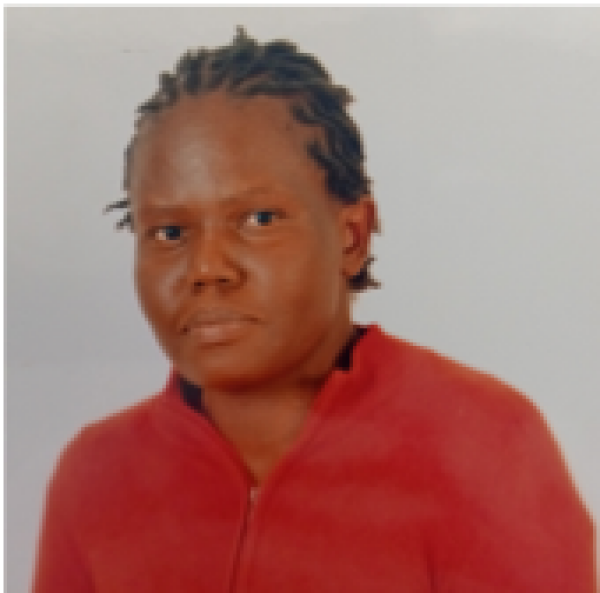
Ms Trizah Koyi
Mentor: Dr Andrew Blagborough
Evaluating malaria transmission-blocking potential of plant-derived metabolites
Milugo Trizah Koyi is a Tutorial Fellow at the Department of Biochemistry and Biotechnology, Technical University of Kenya. She holds a BSc in Biochemistry and an MSc in Medical Biotechnology, both from the University of Nairobi. She has an interest in natural product chemistry and drug design and development. For her doctoral research, Trizah is studying mosquito-parasite interactions with an aim of designing interventions that can disrupt transmission of the malaria parasite to humans.
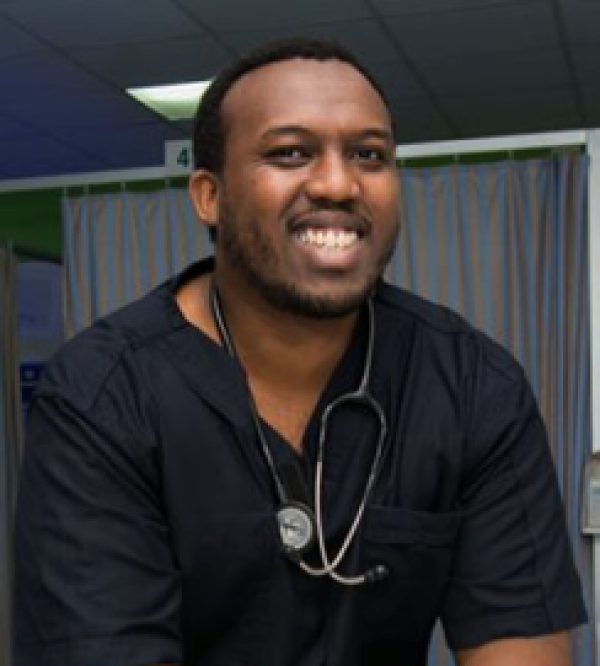
Dr Arthur Kwizera, PhD Fellow
Mentor: Dr Charlotte Summers
Dr Arthur Kwizera is a Lecturer in Anaesthesia and Intensive Care at Makerere University College of Health Sciences and a staff intensivist at the Mulago National Referral Hospital Intensive Care unit. His PhD research will focus on the microbiology of Acute Respiratory Failure (ARF) and Acute Respiratory Distress Syndrome (ARDS) and will also explore novel low cost strategies to manage acute respiratory failure in the Ugandan (and African) acute care settings.
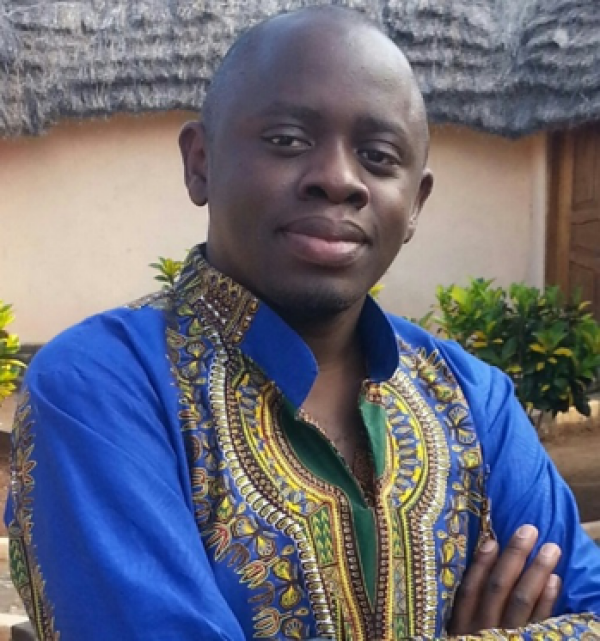
Mr Richard Kwizera, PhD fellow
Mentor: Dr Robin Gore
Richard Kwizera is a medical mycologist at the Infectious Diseases Institute, College of Health Sciences, Makerere University. He has experience and skills in HIV, TB and fungal disease diagnosis and management as well as participation in clinical trials. For the THRiVE PhD fellowship, Richard intends to characterize chronic and allergic pulmonary fungal infections in patients with severe asthma under the African Severe Asthma Program.
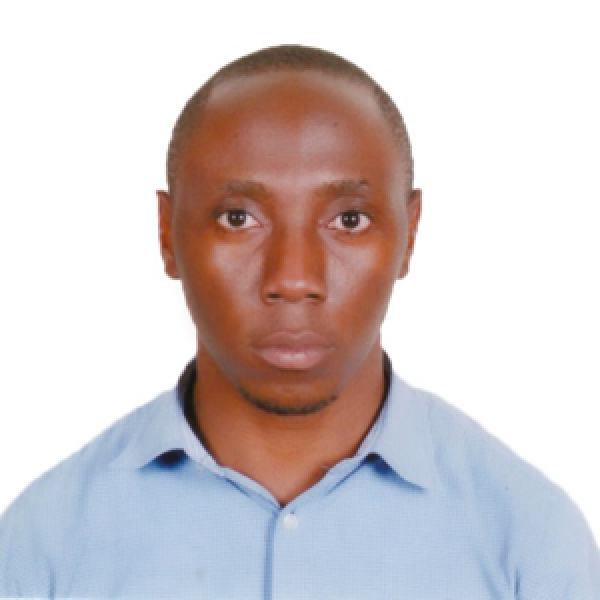
Dr Jonathan Mayito, PhD Fellow
Mentor: Professor Stephen Baker
Dr Jonathan Mayito is an infectious diseases physician and a researcher with PEPFAR Public Health Evaluations at Makerere University Walter Reed Project. For his PhD project, Jonathan seeks to determine whether Mtb is detectable in peripheral blood long term pluripotent hematopoietic stem cells in latent tuberculosis infection and whether it is cleared by isoniazid preventive therapy.
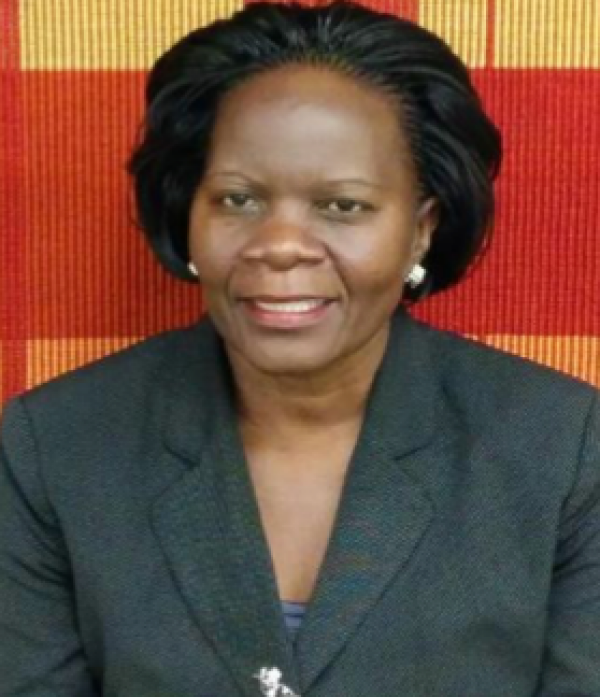
Dr Imelda Namagembe, PhD Fellow
Mentors: Professor Ashley Moffet and Dr Catherine Aiken
Imelda Namagembe is a consultant Obstetrician Gynaecologist at Mulago National Referral and Teaching Hospital and an Honorary Senior Lecturer in Department of Obstetrics and Gynaecology at School of Medicine, Makerere University College of Health Sciences. For her PhD she will focus on improving maternal outcomes using the confidential enquiry into deaths as an add on to maternal death surveillance in a busy African Hospital. She will be using Mulago Hospital, Kampala, Uganda, a hospital which has one of the highest number of deliveries per year in the world as a case study.
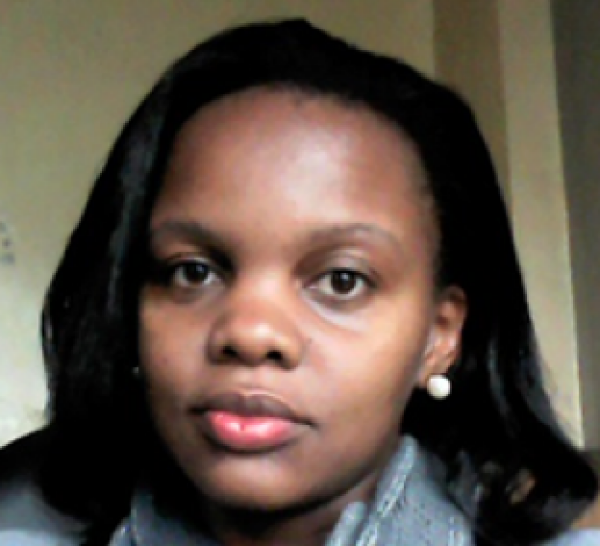
Dr Clara Wekesa PhD Fellow
Mentors: Dr Rosalind Parkes-Ratanshi, Dr William Gelson and Dr Edmund Godfrey
Clara Wekesa, is a Project Leader with the Medical Research Council, Uganda Virus Research Institute. Her research interest is in the field of non-communicable disease conditions and their interplay with infectious agents. Her PhD research will focus on the evaluation of liver fibrosis non-invasively by using Fibroscan technology among HIV-infected persons attending an urban clinic in Kampala, Uganda.

